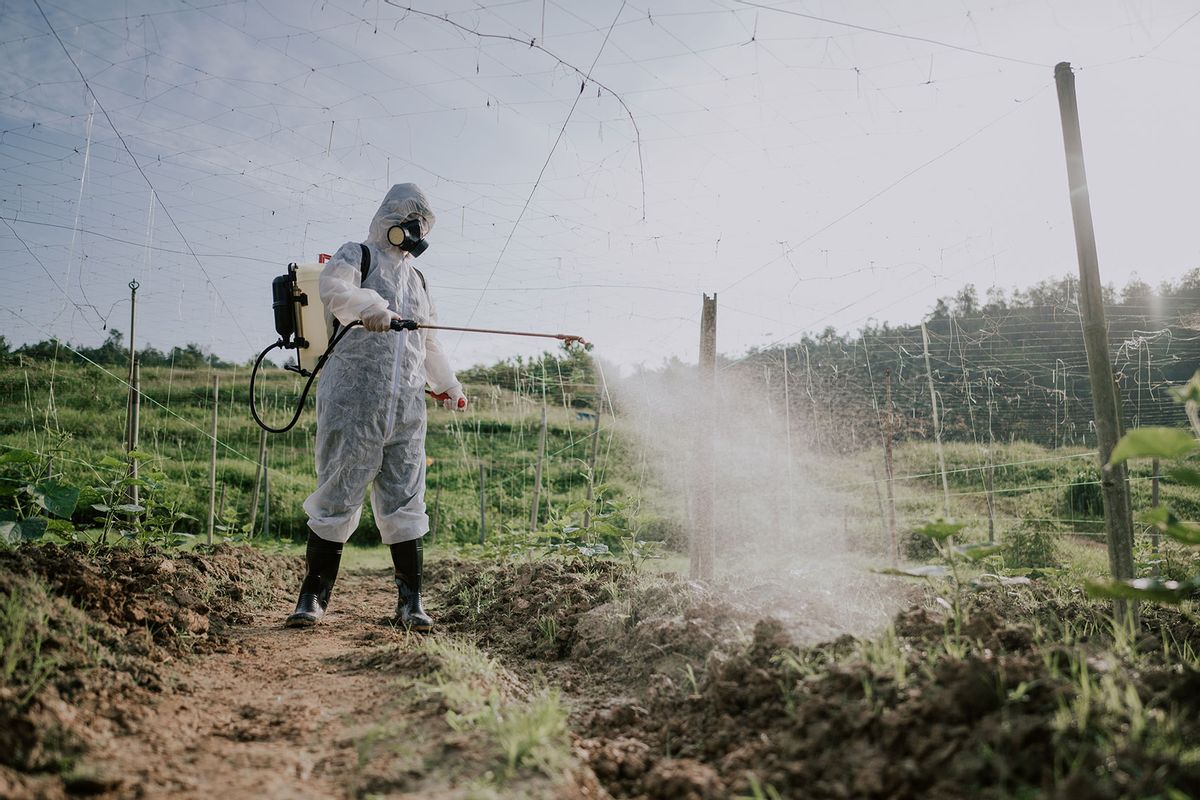A recent study in the journal Environmental Health Perspectives reveals that nearly all of the adolescents living in the agricultural county of Pedro Moncayo, Ecuador (98%) have high concentrations of a common pesticide, glyphosate, in their urine. In addition, it found that 66.2% of the participants had an herbicide in their urine known as 2,4-D. The researchers also tested for chemicals found in the insecticide DEET, including DCBA in 63.3% of the urine samples and ECBA in 33.4% of the urine samples.
The good news is that the DEET metabolites were not linked to neurobehavioral problems, which the scientists examined in the patients. The bad news is that higher glyphosate concentrations were linked to lower scores in social perception, while higher 2,4-D concentrations were linked to problems memory and learning, language and attention and inhibitory control. Glyphosate specifically has been linked to cancer, particularly non-Hodgkin's lymphoma. The popular weedkiller has also been found in 80% of Americans' urine, according to a 2022 study by the Centers for Disease Control and Prevention. In 2020 Bayer, the German pharmaceutical company that manufactures Roundup (a popular weedkiller which contains glyphosate), paid up to $10 billion to settle cancer lawsuits related to Roundup.
"There is a lot of exposure to Roundup in the environment as well, in everything that we actually do, so there is a huge ubiquitous prevalence," researcher Dr. Chadi Nabhan told Salon regarding glyphosate in a February interview.



Shares